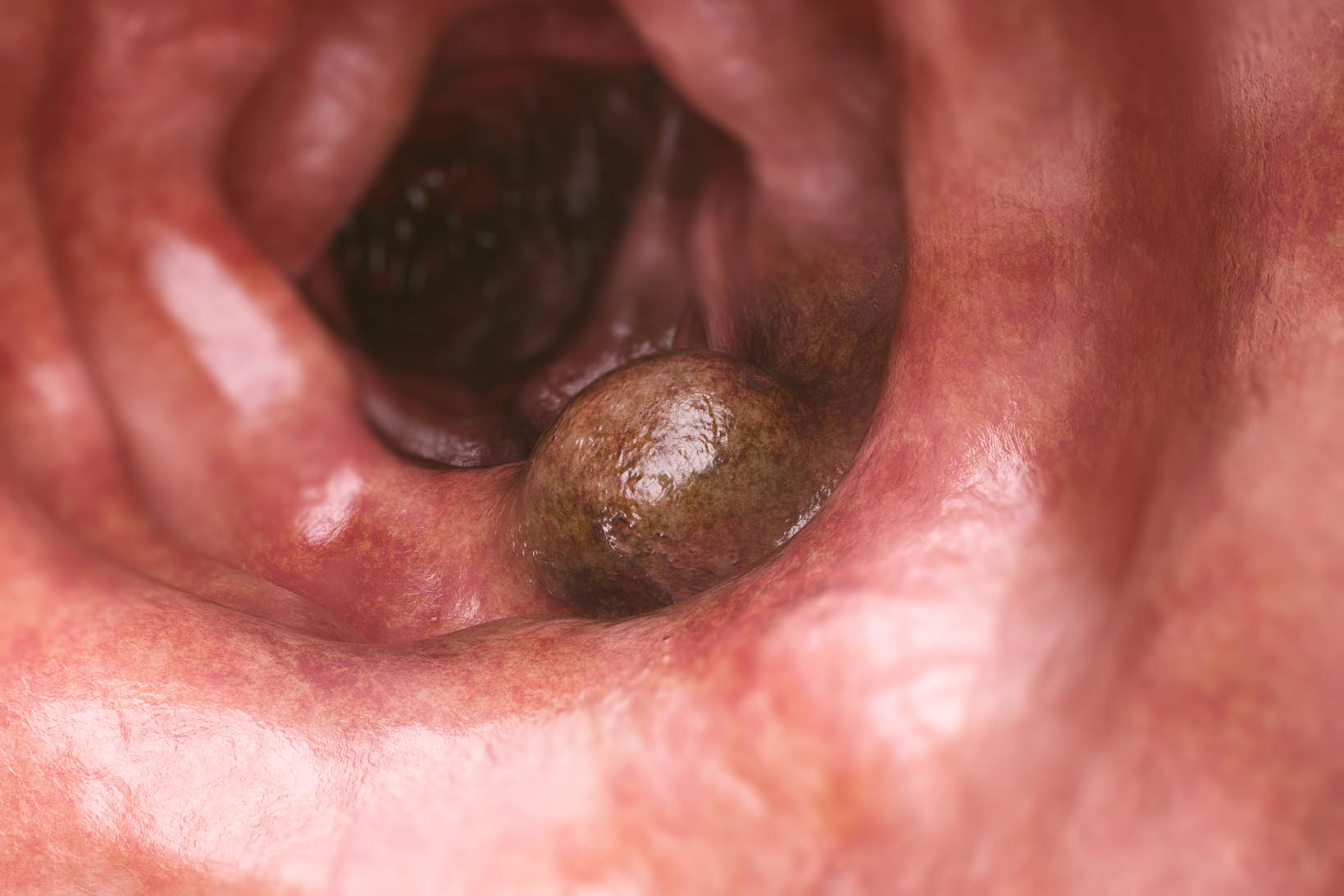-
What is already known on this topic
Colorectal cancer is one of the leading cancer killers worldwide. Its development and growth have been associated with some gut bacteria, but whether gut viruses could also contribute to colorectal cancer remains poorly understood. -
What this research adds
The study identified differences in the virus communities of healthy people and colorectal cancer patients. The colorectal cancer virome consisted mainly of bacteria-specific viruses that were hypothesized to be central members of the virus-bacteria community network. -
Conclusions
The study shows that colorectal cancer is associated with bacteria-specific viruses, which could contribute to cancer progression by altering the composition of gut bacterial communities.
The gut viral communities of colorectal cancer patients are significantly different from those of healthy people. That’s according to a new study led by Geoffrey Hannigan of the University of Michigan, Ann Arbor, and published in the journal mBio.
Colorectal cancer is one of the leading causes of cancer-related death worldwide and in the United States, where it affected more than 1.5 million people in 2016. Although many human viruses have been linked to cancers due to their mutagenic abilities, it remains unclear whether gut viruses could also contribute to colorectal cancer development and progression.
To address this question, the researchers set out to characterize the human gut virome – the community of all gut viruses, including human- and bacteria-specific viruses.
Virome composition is altered in colorectal cancer patients
The team sequenced bacterial and viral DNA from stool samples collected from 30 healthy people, 30 people with a benign form of colorectal cancer (precancer), and 30 people with colorectal cancer.
Fusobacterium nucleatum was the primary bacterial species associated with colorectal cancer, which is consistent with previous studies. But the researchers also found a few virus communities that were associated with colorectal cancer, suggesting a role for these viruses in tumor development. The identified viruses were bacteria-specific viruses (bacteriophages) belonging to the Siphoviridae and Myoviridae taxa.
However, many of the viruses associated with colorectal cancer didn’t have genomic similarity to known microbes (previous research has shown that about 95% of virus genomic sequences haven’t been identified yet).
Bacteriophages dominate the colorectal cancer virome
Next, the researchers evaluated whether they could detect changes in virome composition between healthy people, precancer and cancer patients. Different viruses were important between the healthy-to-precancer and precancer-to-cancer stages, with bacteriophages dominating the cancer stages.
To characterize the types of bacteriophages that were important for colorectal cancer, the team assessed whether the viruses were primarily lytic (viruses that destroy their bacterial host cell after replication) or temperate (viruses that integrate into their bacterial host’s DNA).
The majority of bacteriophages were temperate and their overall proportion remained the same throughout the healthy, precancer, and cancer stages. This is consistent with previous studies showing that the gut virome is dominated by temperate bacteriophages.
To exclude the possibility that the cancer-associated viral signature was just a reflection of the cancer-associated bacterial signature, the researchers evaluated whether there was a correlation between the relative abundances of bacterial and viral species associated with colorectal cancer.
Overall, the team found no correlation between the most abundant viral and bacterial species, suggesting that the cancer-associated viral signature didn’t simply reflect the presence of bacteria associated with colorectal cancer.
Bacteriophages may be central members of the virus-bacteria community
The researchers speculate that the most abundant bacteriophages are infecting a wide range of bacteria in the microbiota community rather than just the bacteria associated with cancer. They hypothesize that these bacteriophages are central members of the virus-bacteria community network, and act by altering the composition of gut bacterial communities.
In summary, the study deepens our understanding of the colorectal cancer microbiome, suggesting that viruses, particularly bacteriophages, play an underappreciated role in cancer development and growth. However, more research is needed to characterize the exact mechanisms that regulate the bacterial and viral communities associated with colorectal cancer.









